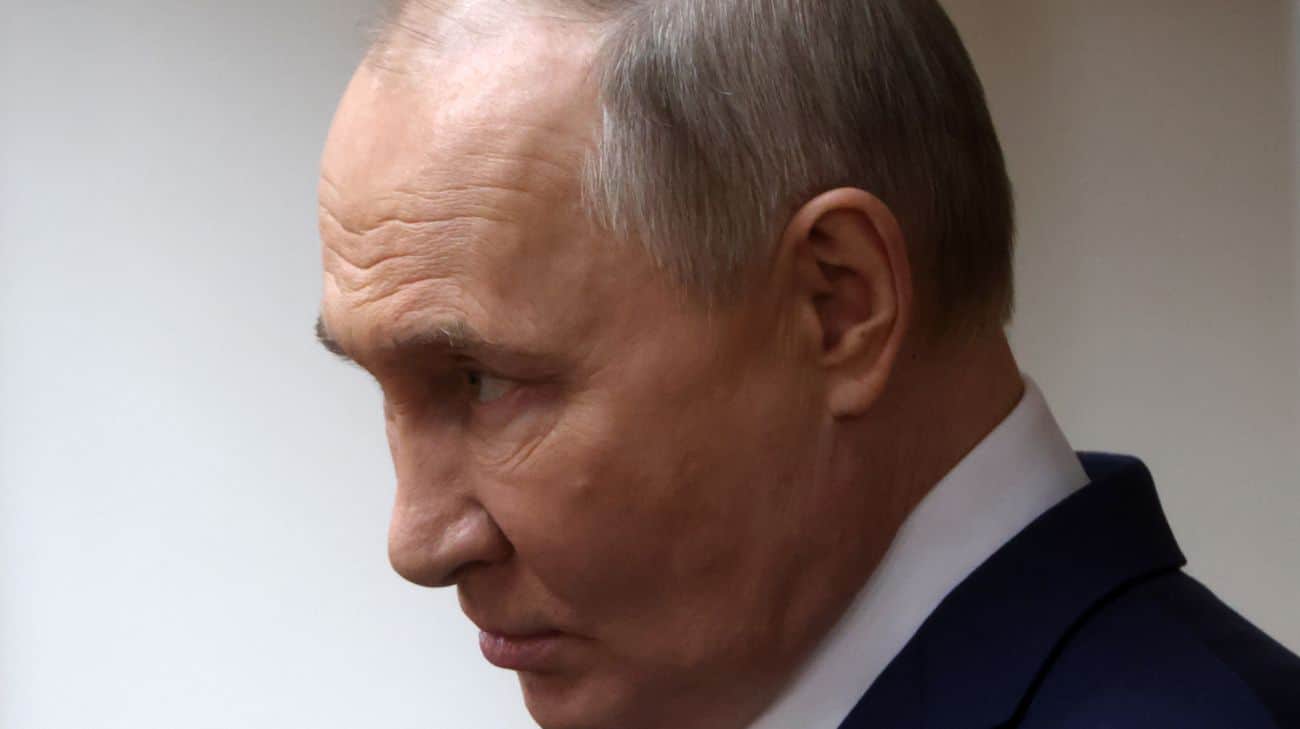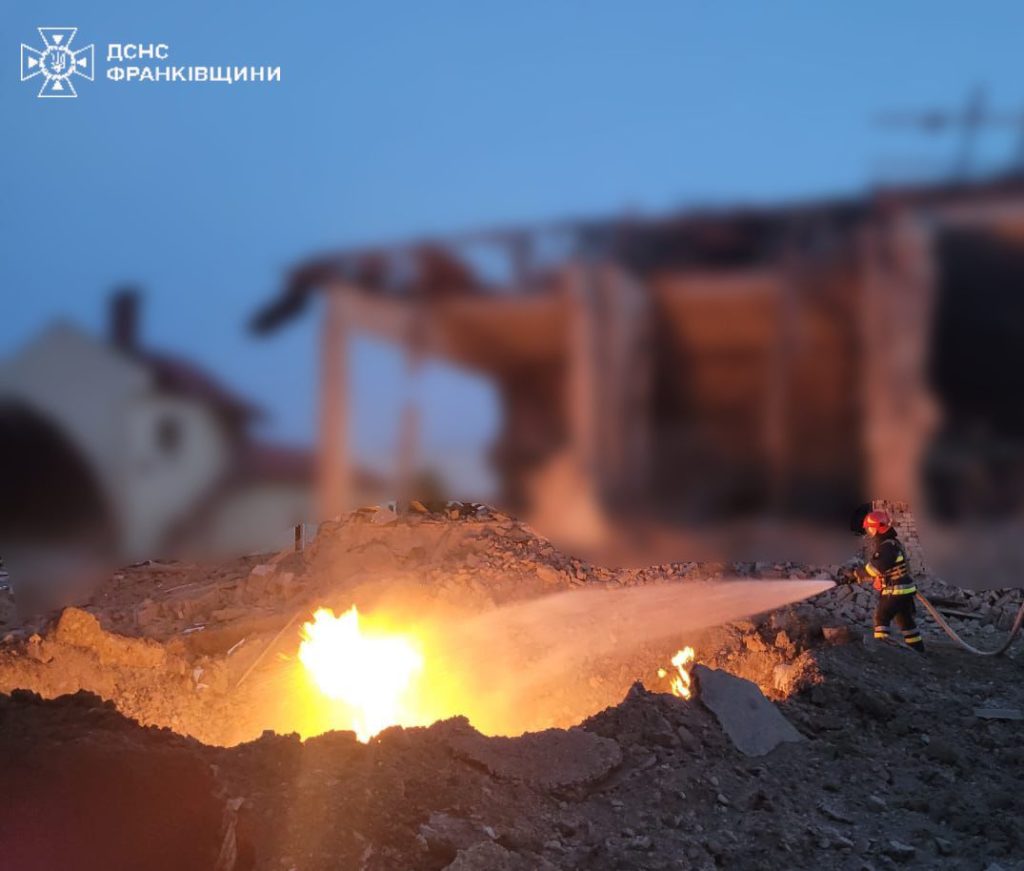Putin toughens punishment for rebellion in Russia and decides to fight extremism from Ukraine
On 28 December, Russian ruler Vladimir Putin signed a series of laws that toughened penalties for armed rebellion and crimes against military service and approved a new strategy to counter extremism, which lists the elimination of threats emanating from Ukraine as one of its main tasks.

On 28 December, Russian ruler Vladimir Putin signed a series of laws that toughened penalties for armed rebellion and crimes against military service and approved a new strategy to counter extremism, which lists the elimination of threats emanating from Ukraine as one of its main tasks.
Source: Russian state agency TASS, Medusa, Centre for Countering Disinformation at the National Security and Defence Council of Ukraine
Details: One of the signed laws toughens the punishment for armed rebellion up to life imprisonment. The lower limit of the sentence for rebellion has increased from 15 to 20 years. The same law excludes the right to parole for those sentenced to life for terrorism and rebellion. It also introduces a sentence of up to 15 years for foreigners for "aiding the enemy".
The Criminal Code of the Russian Federation was also amended to make members of "volunteer formations" liable for disobeying orders, resisting a superior, leaving a unit or place of service without permission, desertion, voluntary surrender and other crimes committed by the military.
Another law in Russia has also expanded the list of grounds for including people in the list of extremists.
The Russian Federal Service for Financial Monitoring (Rosfinmonitoring) also now has access to information on the accounts of citizens who financially support "extremism and extremists".
Putin also signed a law renaming the city of Rostov as Rostov Velikii (Rostov the Great)
In addition, Putin approved a new strategy for countering extremism. The strategy states that the Russian Federation considers one of the main tasks in the fight against extremism to be "the elimination of the source of threats emanating from the territory of Ukraine".
It also states that Russia will take measures for the "socio-cultural integration" of the occupied territories of Ukraine.
Involvement in uncoordinated protest actions is named in the strategy as one of the ways to destabilise Russia and spread extremism. The Russian Federation considers "initiating colour revolutions, falsifying history, and terrorism" to be extremist threats.
According to the text, "extremists" are intensifying the national crisis by propagating the notion of "decolonisation" of the Russian Federation. It is planned to vigorously propagate the notions of the "historical unity of the peoples of the Russian Federation" as part of the fight against "extremism".
According to the Center for Countering Disinformation at Ukraine's National Security and Defence Council, Putin's signing of laws aimed at tightening internal control is an attempt to shield the government from new dangers such as Yevgeny Prigozhin's march on Moscow.
"The adoption and signing of these laws confirms that the Kremlin is increasingly afraid of internal threats and is trying to protect itself from them by law. However, this pressure will sooner or later lead to the destabilisation of the domestic political situation and, ultimately, the fall of the Putin regime," the Center for Countering Disinformation said in a statement.
Support UP or become our patron!



